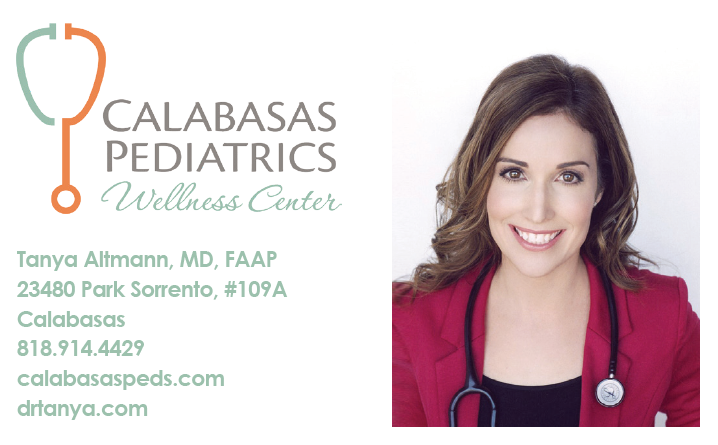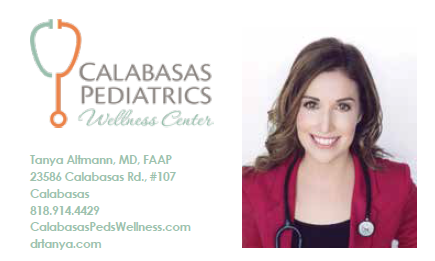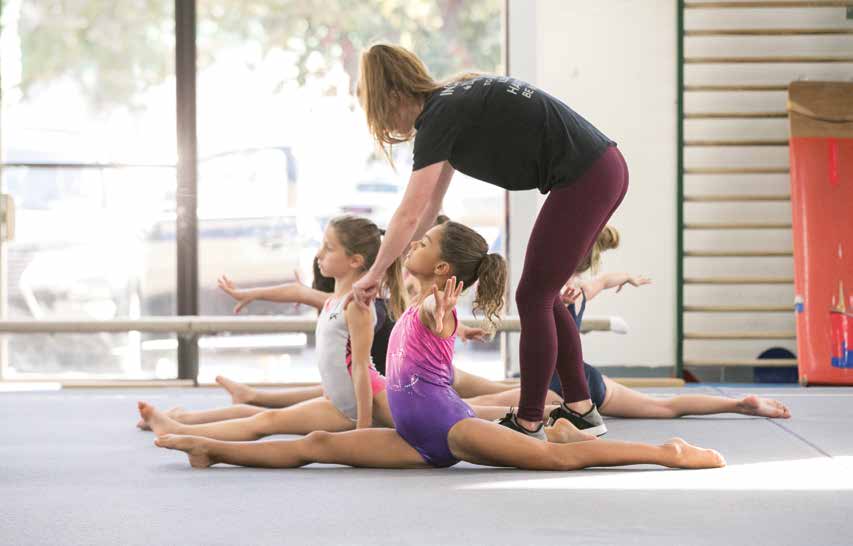What pointers can you share for healthy skin this summer?
At Calabasas Pediatrics, we strive to prevent issues and promote wellness at all times, which is why we love talking about skincare. The best tool we have to keep skin looking youthful and healthy is protection from the sun. So while your summer is sure to take you outdoors, remember these pointers to help protect yourself and your family.
• Dress your kids in sun protective clothing (UPF 30+), a wide brimmed hat, and sunglasses whenever possible.
• Spend your outside time—swimming, walking, or whatever—in the morning and evening when the sun is not at peak intensity.
• Seek shade often and travel with sun protective gear, like umbrellas, tents, extra sunscreen, and cover-ups.
• Choose a sunscreen with zinc oxide and/or titanium dioxide. These are physical or mineral blocks and are safer for the skin. Avoid sunscreens with retinyl or retinol, oxybenzone, oxtinoxate, dyes, fragrances, parabens, and other chemical filters or preservatives that may be unhealthy or could irritate young skin.
• Make sunscreen a daily habit.
Sun protection for babies
It’s best to keep babies, especially those under 6 months, out of direct sunlight. But the American Academy of Pediatrics says it’s okay to use a small amount of sunscreen on your baby if you are unable to find shade. Be sure to test the sunscreen on a small area of the baby’s skin first to ensure that she or he doesn’t develop a rash.
Treating a sunburn
Prevention is best. But if your child does get a sunburn, cool compresses, pain relievers such as acetaminophen or ibuprofen, and aloe vera can help soothe burned skin. Call your pediatrician if your child gets a blistering sunburn or a burn that covers a large area of her or his body. Also call if a fever, chills, or dehydration develops.




